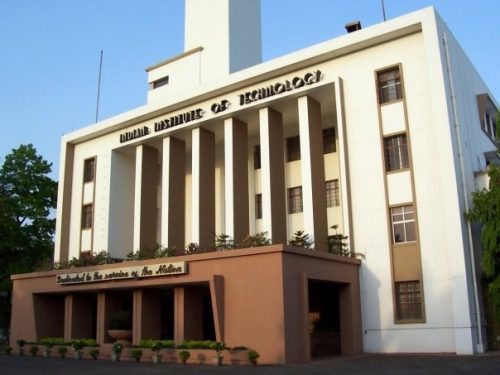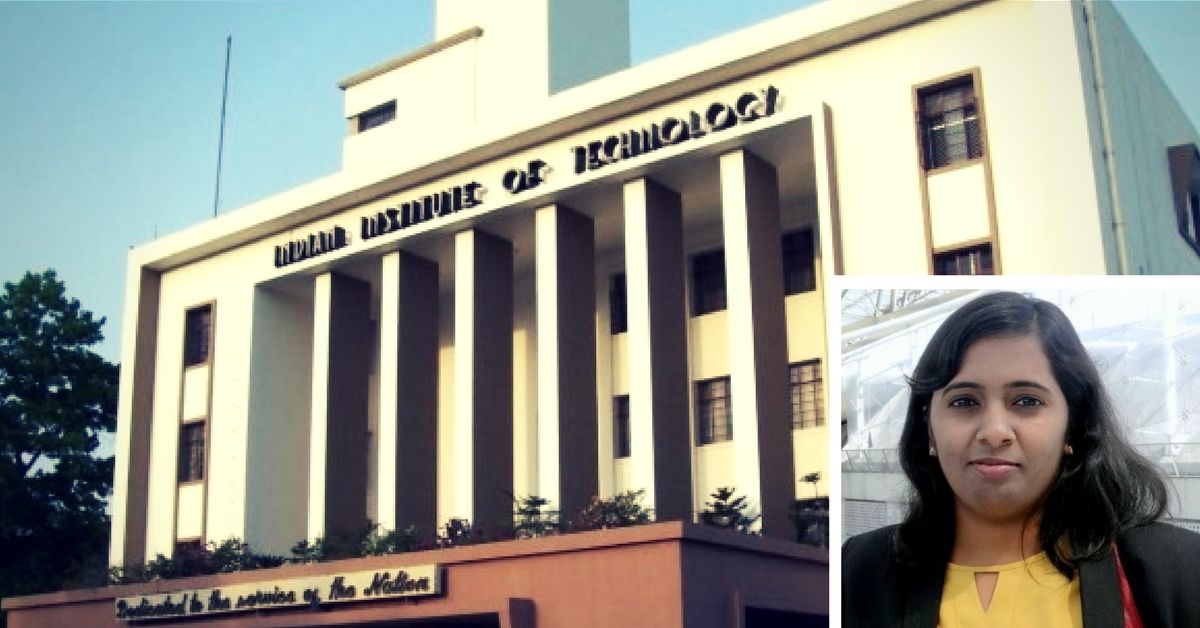Hate wasting away weekends to dusting windows? Well, a team from the Indian Institute of Technology, Kharagpur, has developed a technique to create nanostructures which have self-cleaning properties. This low-cost solution, according to researchers is the first of its kind in the world.
According to a report in the institute’s website, Dr Nandini Bhadaru’s technique will have many real-world implications apart from helping the lazy keep their homes clean. The research team is lead by Prof. Rabibrata Mukherjee, faculty at the Dept. of Chemical Engineering, IIT Kharagpur.
In fact this can be the answer for solar cell panel street lights which will not only become easier to maintain but also become antireflective because of the presence of nanostructures.

Photo source: Facebook
So, how these structures work? It is water and oil repellent. It acts like a lotus leaf that allows water to roll off its surface along with the accumulated dust. Such surfaces will find real-world applications in optoelectronic devices, plastic solar cells, biological scaffolds etc.
You may also like: IIT-B Students Bring Internet of Things to Dharavi and Make Shopping There a Virtual Dream
What makes this solution unique is that according to the scientists, these nanostructures are going to be extremely low-cost compared to their counterparts (Rs 100 when made through large-scale production when it would cost Rs 30,000 to Rs 1 lakh for the same area with other materials).
In 2016, Nandini was awarded the prestigious European Materials Research Society’s (E-MRS’s) Young Scientist Award for her research and contribution to materials science. This solution is one among the many products being developed and patented using nanoscience that can be applied in a wide range of areas including electronics such as mobile phones and cancer therapeutics.
Watch an interview of Prof. Rabibrata Mukherjee and Dr. Nandini Bhandaru
Like this story? Or have something to share? Write to us: contact@thebetterindia.com, or connect with us on Facebook and Twitter.
NEW: Click here to get positive news on WhatsApp!
We bring stories straight from the heart of India, to inspire millions and create a wave of impact. Our positive movement is growing bigger everyday, and we would love for you to join it.
Please contribute whatever you can, every little penny helps our team in bringing you more stories that support dreams and spread hope.

